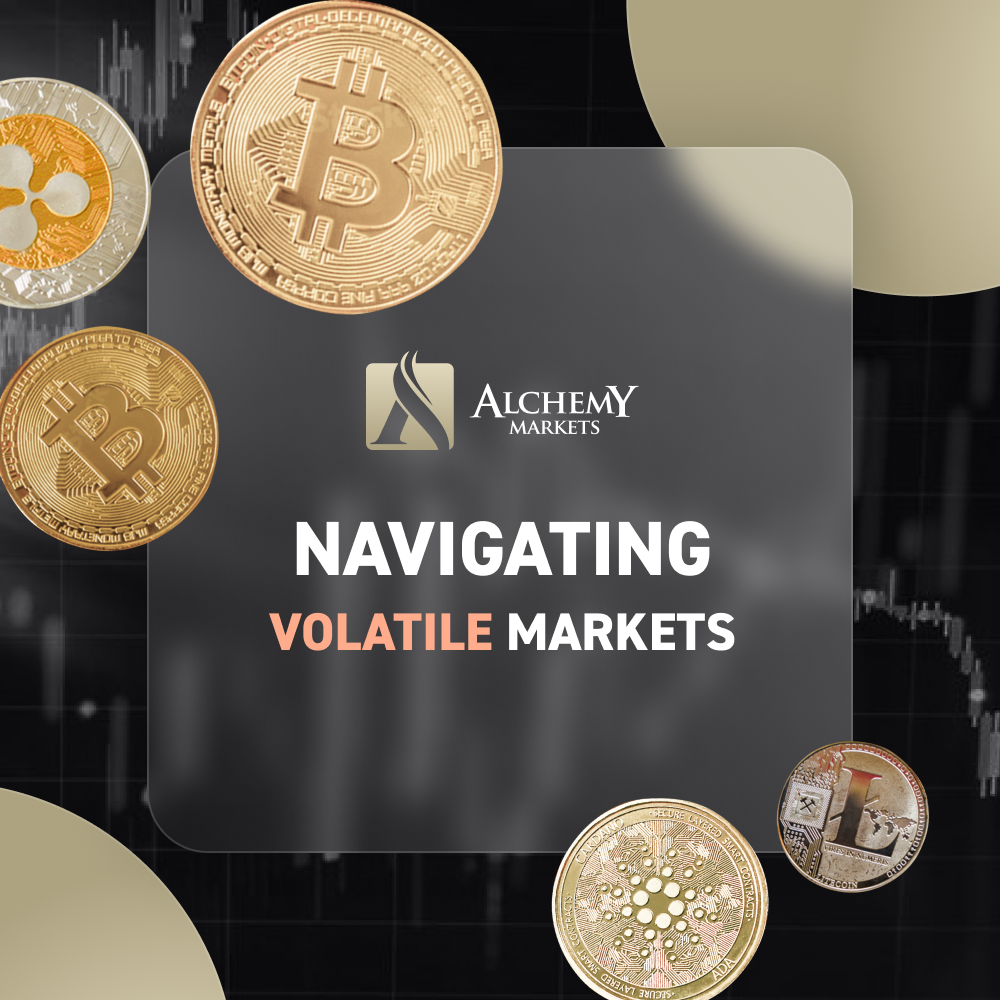If you have been in the trading industry for some time, you surely have experienced moments when market volatility heightens and the charts are ticking up and down aggressively. Let’s talk about volatility in this article!
What is the meaning of market volatility? Volatility refers to the rate at which the price of a security moves for a given time period. It is calculated by measuring the standard deviation of the annualized returns over a period of time.
In layman’s terms, it is how aggressive the price movements are.
What drives volatility?
Geopolitical uncertainties are definitely the major reason why markets get volatile. For instance, the war between Russia and Ukraine has had a massive impact on the global supply chain, with the energy markets taking the biggest hit and crude oil volatility surging to record levels.
For a more recurring example, you can notice prices get more volatile before, during, and post important economic announcements such as the Non-Farm Payroll reports that come out every month and the FOMC meeting which discusses interest rates.
Should I be concerned?
As volatility rockets, market movements get wild.
Traders trading on the shorter timeframe may have difficulty reacting to such quick developments in the markets. If you are a day trader or a scalper, you might need to sit out on the first few volatile market moments that you encounter and make detailed observations. Back test it against your trading system and then test the waters with a demo trading account.
Secondly, stop loss and take profits are getting hit more easily. This can be good for those who are less patient and prefer to see the outcome of their trading positions quicker. There will also be more trading opportunities presenting themselves as price actions and chart patterns takes a shorter time to form.
Adapting our Trading System
Some traders like to trade volatile market conditions, while those who are more conservative prefer calmer markets. That is why you see some people trade high-impact news events while others sit on their hands waiting for the markets to settle down
We should consider volatility as part of the equation when we are defining our trading rules to adjust for market volatility.
For those who are on the aggressive side, volatile markets mean they can
- Take more trades
- Accelerate their PNL and equity curve development
- Feel the adrenaline pumping
- Greater market exposure
For those who are on the conservative side, you can do the following in a volatile market
- Scale down your position size
You can reduce your trade size to lower your portfolio exposure. Not only does it help in terms of managing your risk, but it also help to keep your emotions in check while trading
- Sit on the sidelines
You do not have to trade all the time. Find out the optimal times for your trading system, and then stick to only trading during those times to increase the odds of profitability. You can also utilize these volatile times to back test your system instead of putting real capital at risk.
Live sample
As you can see from the chart above, volatility on USDJPY has almost doubled from February through April. It used to be a relatively stable forex pair, but some things have changed.
Among the macroeconomic factors are:
- Rising Interest Rates for USD
To battle record inflation, the Fed has to tighten the previously accommodative monetary policies during the pandemic and switch to a more hawkish stance. Interest rates are set to rise during the upcoming meetings which make the USD more appealing and stronger against other currencies
- The difference in monetary policy stances between Fed and BOJ
As the Fed speeds up in raising interest rates, BOJ on the contrary is maintaining its loose monetary policy. This leads to a larger interest rate differential between USD and JPY, which has continuously fueled USDJPY to the highest level since 2 decades ago.
- If you are serious about trading and want to manage it like a business, trade with a broker that has a low commissions structure, tight raw spreads and exceptional execution to improve your bottom line profitability.
To conclude, volatile markets can be both beneficial or destructive depending on the nature of your trading system and preferences. However, please take precautions as protecting your capital is more important than making a bigger ROI. You have to stay in the game to play the game, right?
Alchemy Markets also offers Market Volatility Index (VIX) as a CFD for our clients to trade.
Sign up and trade with Alchemy Markets now.
The only place where you get to trade more than 1000 instruments including Stocks, FX, Cryptos, and many more with ultra-low spreads and institutional-grade liquidity.







